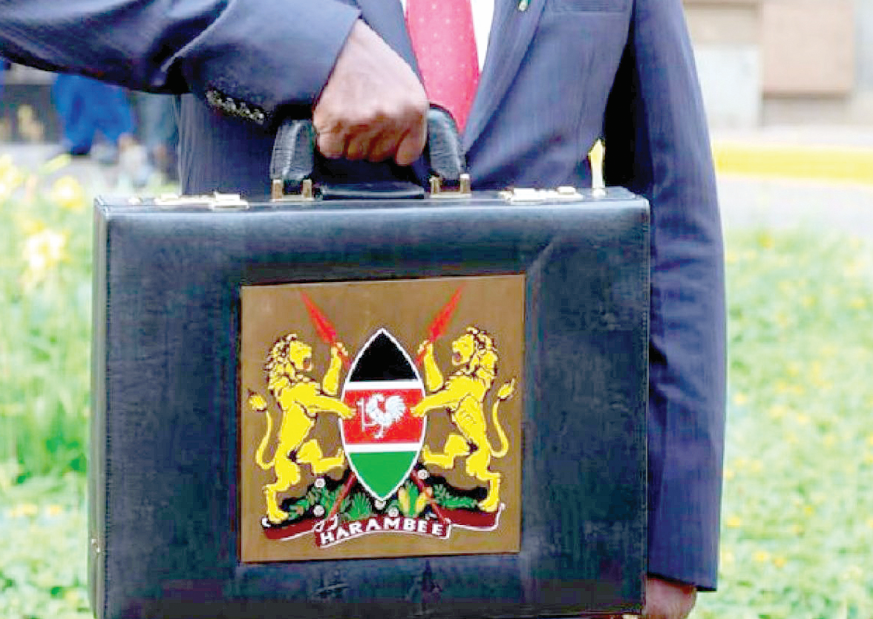Bill signals tough times for software jobs

The creative economy is set to be impacted by a new proposal in the draft Finance Bill 2025/26 which seeks to tax the distribution of software which is already subjected to the royalty’s principles.
Royalties as per the current finance bill means a payment made as a consideration for the use or the right to use any software, proprietary or off-the-shelf, whether in the form of license, development, training, maintenance or support fees.
As contained in the draft budget, the National Treasury wants to have the definition of royalties to now include the distribution of software.
“Section 2 of the Income Tax Act is amended in paragraph (b) of the definition of “royalty”, by adding the words “and includes the distribution of software where regular payments are made for the use of the software through the distributor” immediately after the words “support fees”;” the draft bill reads in part. What this means is that firms that are in the business of distributing software for the original developers will now be subjected to paying a withholding tax amounting to 20 per cent of the amount gained.
For instance, a firm might decide to enter into an agreement with the originator of the software, such as Microsoft or Adobe to distribute the software but without using, altering any form of it or localising, in the sense that his core mandate is just to help avail it to the consumers directly.
Previously, they were not subjected to any significant taxes, but now they will be included in the definition of royalties, meaning they will be subjected to the corresponding tax.
This, for the consumers, according to Institute of Public Finance (IPF) legal researcher Daniel Murakaru, who was speaking during the IPF media and stakeholder roundtable on matters finance bill last Thursday, amounts to double taxation. “So that one has been said to be against taxation or the principles that you have in taxation, especially because of double taxation. Because when you’re distributing a particular software, you’re not necessarily exploiting the copyright,” he stated. As such, he noted that the businesses are not supposed to be subjected to the taxes as the tax obligation already applies at the point of the agreement.
“So, in that context, when the government or KRA is seeking to expand that definition, it’s going against what courts have stated, and it’s also going against a particular international model that is called the OECD Model Tax Convention,” he noted. The Organisation for Economic Co-operation and Development (OECD) is an intergovernmental organisation of 38-member countries committed to promoting policies to make the world richer, freer, fairer, and more stable.
The distribution of the software involves packaging it in a way that it will be easily accessible by the end user, transporting methods to the users of devices and installation which again have other procedures.
For an ordinary Kenyan, leveraging on the software to generate income amid limited employment opportunities in the country, they will have to incur more while trying to access the software, meaning reduced income at the point of subscription or installation.
This also tends to affect the vibrancy of the businesses as there will be limited income compared to when they were not included in the definition if the bill pushes through.
Even though the government included this new measure in its fiscal consolidation plans, the confusion that has been there over time in regards to the payment of the royalties might have also fuelled the decision.













